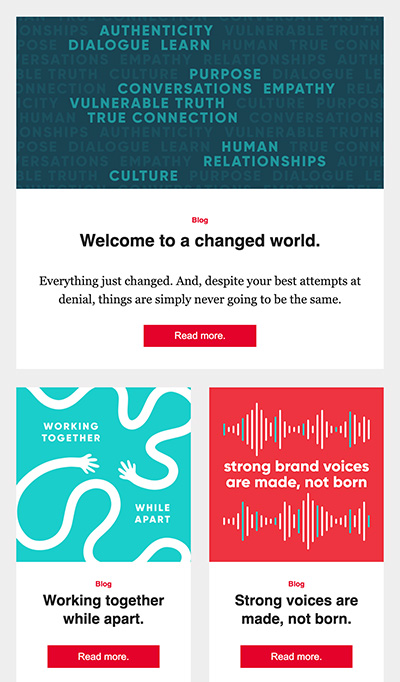Leading Through Uncertainty: The Power of Radical Agility.
The old model of leadership no longer works in a world that changes daily. True leadership now means embracing radical agility by treating every plan as a living framework, staying open to iteration, and leading with vulnerability. That’s how you turn uncertainty into your greatest advantage.

The biggest source of anxiety for leaders today? Trying to predict the future and build permanent systems for a world that is moving ever faster.
Leadership has traditionally meant creating five-year plans, building lasting frameworks, and installing “proven” systems. Make the map, point the way. But today, as soon as you lay down the tracks, the terrain shifts. Markets turn. Technology leaps. Expectations change overnight.
The biggest mistake leaders make is using the old model of treating the future as a fixed endpoint. They set a rigid path and measure success by how closely reality follows their script.
The case for radical iteration.
The antidote to rapid change isn’t abandoning plans altogether. It’s embracing iteration.
Yes, plan comprehensively. But revisit that plan relentlessly. Monthly. Weekly if needed. Treat it as a living framework, not a sacred document. The world isn’t chaos if you accept it as a series of evolving inputs. It’s controlled chaos — navigable if you build the muscle of adaptation.
This is where anxiety starts to transform. Instead of fearing change, you anticipate it. Instead of resisting uncertainty, you expect it. And if treated properly, you even desire it because it puts you in a rare position to win the future.
Budgets cannot be destiny.
Here’s where many organizations stumble: they lock in annual budgets and treat them as law. That rigid process feels safe, but it’s a straitjacket.
If your plan looks the same at year’s end as it did on day one, you’ve missed opportunities. The world has moved, and you stayed still.
Budgets should fuel iteration, not freeze it. They should create space for experimentation, not close it off. Leaders who embrace this mindset don’t measure success by sticking to the plan — they measure it by how intelligently the plan evolves.
Uncertainty requires vulnerability.
Here’s the hard truth: great leaders don’t need to have all the answers. Pretending you do does more harm than good.
Vulnerability isn’t weakness; it’s trust-building. Share your doubts. Let your team know you’re navigating this together. Invite them into the process of shaping what’s next.
When you stop dictating the future and start co-creating it, you unleash something powerful: collective creativity. Suddenly, the anxiety of the unknown becomes a shared canvas instead of a private burden.
Defining the leader of the future.
Leadership in this era boils down to basic principles:
- Anchor in principles, not permanence. Values don’t shift. Systems must.
- Iterate relentlessly. Treat plans as living documents.
- Budget for evolution. Leave room for experiments and pivots.
- Lead with openness. Vulnerability builds resilience and unlocks creativity.
This isn’t about predicting the future. It’s about creating the conditions where the future can emerge from your teams’ actions — not from your uncertain mind.
Ready? Go.
Leaders don’t fail because they can’t see the future. They fail because they cling to the illusion that it can be controlled.
Radical iteration replaces anxiety with momentum. Vulnerability replaces fear with trust. Together, they unlock growth in a world where permanence is an illusion.
The future won’t arrive as you planned it. But if you keep iterating, it will arrive better than you imagined.


